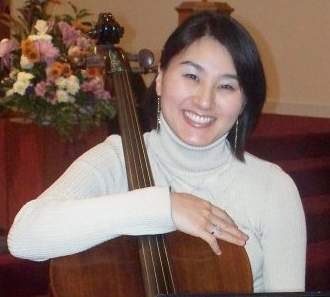Using occupational therapy techniques to help your child with autism live life to the full – An interview with Debra Jacobs and Dion Betts
“It is important for children to participate in ‘activities of daily living’ which are essential for good health. The more he is involved in the process and has some sense of control, the less he will see it as a chore and the more he will be willing to participate… When approaching these activities, parents need to ask themselves what they are attempting to accomplish. For example, if the goal is for the child to be clean, then does it really matter if bath time is 7PM or 3PM, as long as the time fits with the flow of the family?”









